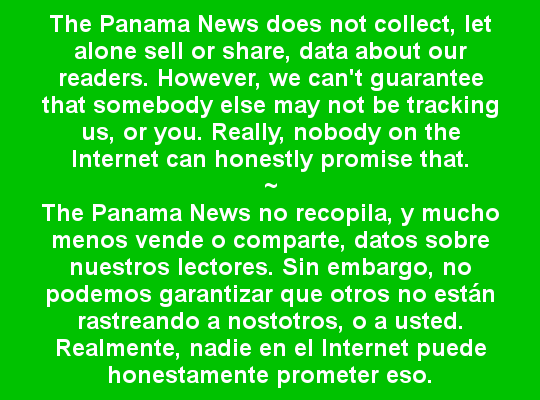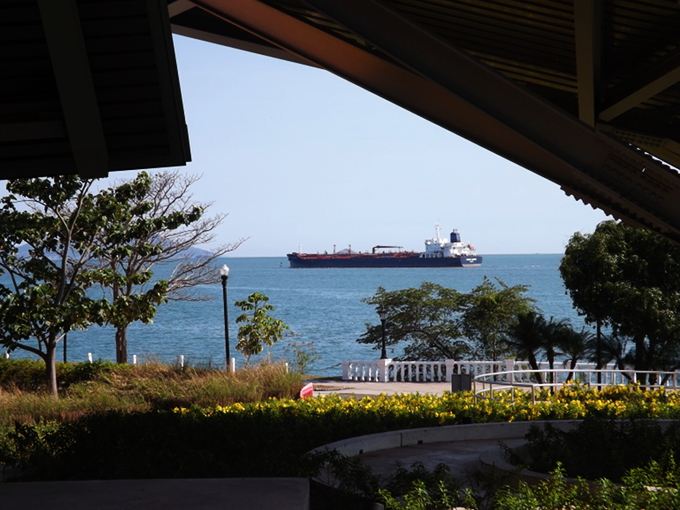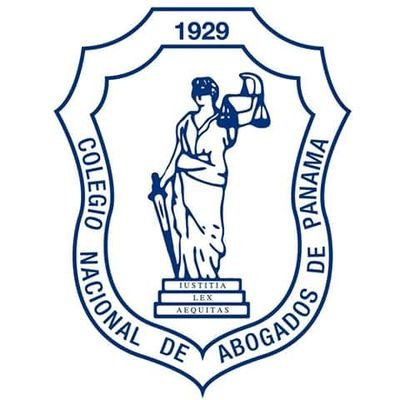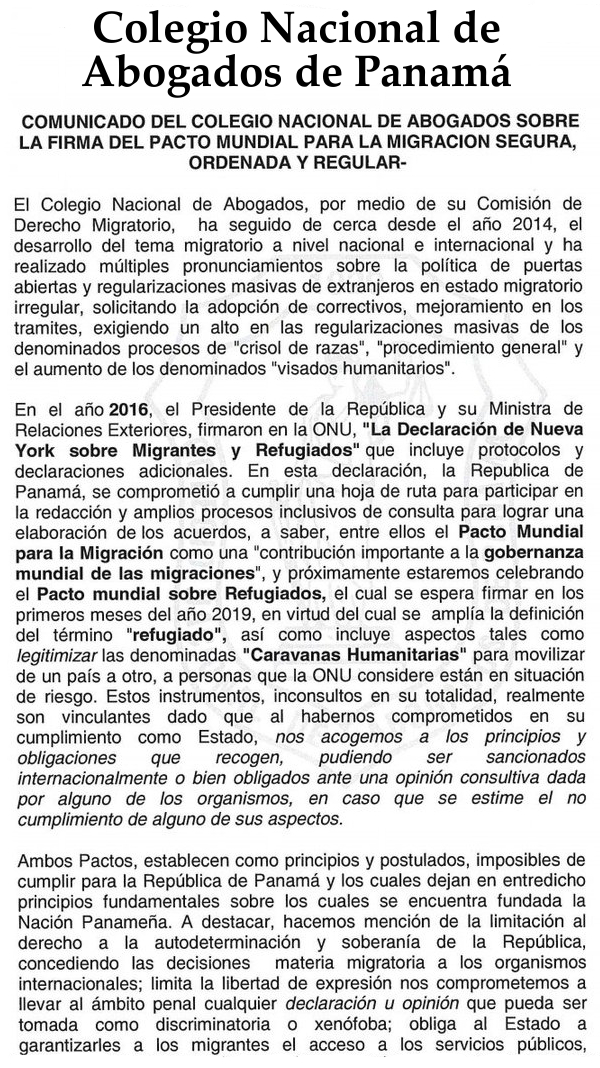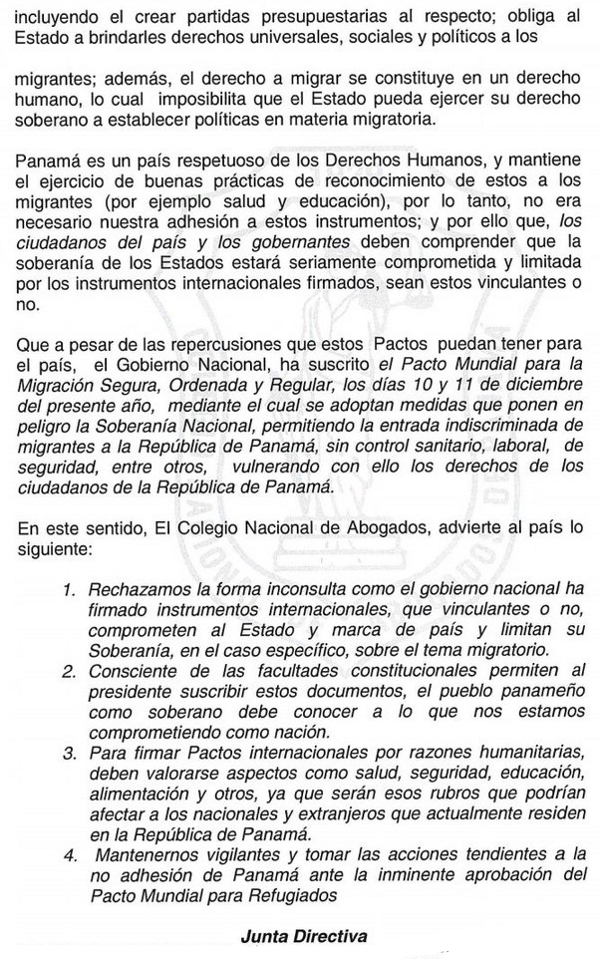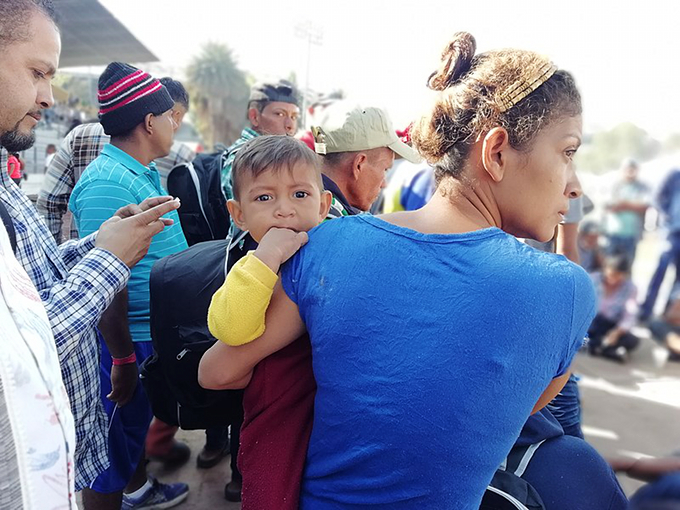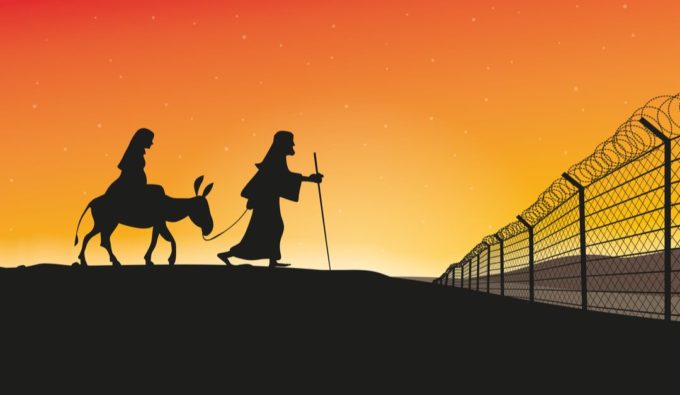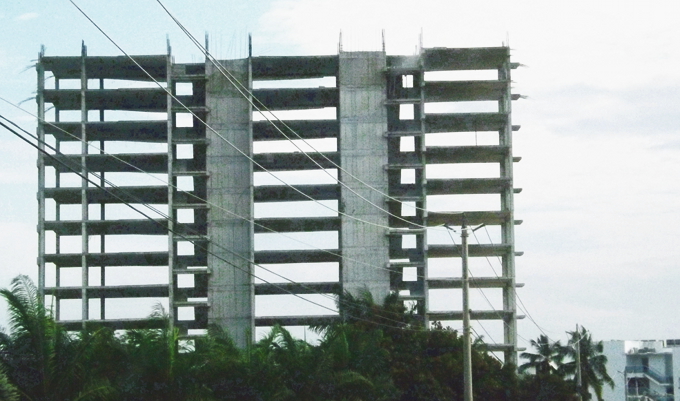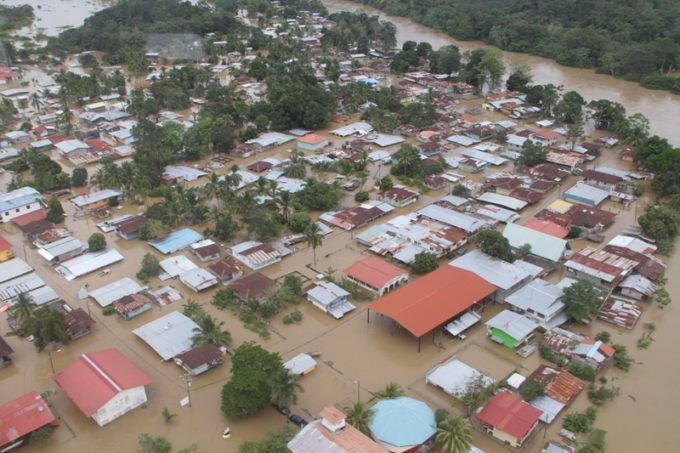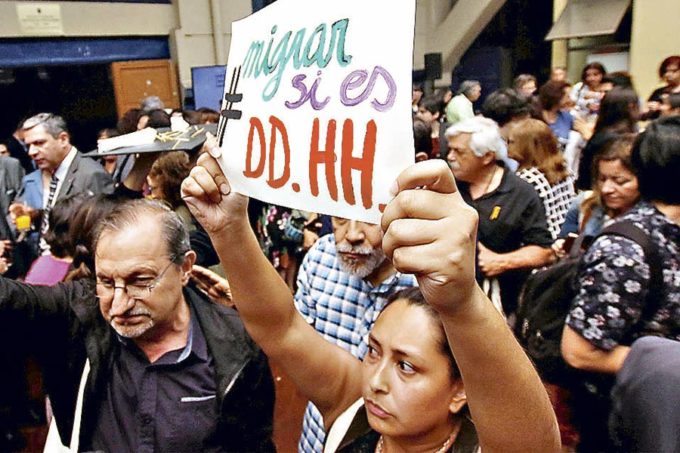
Russian Tu-160 bombers pay a visit to Venezuela. Venezuelan government photo.
End time petroleum age geopolitics
The age of oil economies and politics based on petroleum is approaching its end.
You can see it in the collapsing demand for bunker fuel by ships calling at the Panama Canal and switches from that to liquid natural gas, wind and solar power and other energy alternatives for maritime navigation.
You can see it in the desperate and sometimes downright nutty moves by political leaders of places with oil economies.
You can see it in global balance of power shifts, and in the denials or efforts of those trying to resist the trends.
Barack Obama, coming to office amidst a financial crisis that wiped trillions of dollars off of American ledgers – largely the equities held by middle class homeowners and the pension funds of working people – saw the USA shipping dollars out the door to Saudi Arabia, Venezuela and so on for oil imports. Mostly through fracking but also by energy savings and alternative sources, he managed to close most of the American oil intake valves. Other oil-consuming countries moved in similar directions, often more effectively than the United States.
It has been devastating to oil exporting countries, with varying effects. The almost entirely oil-dependent Venezuelan economy pretty much collapsed. The problems of Brazil’s state-owned oil company exploded into huge corruption scandals across the region. The Gulf oil sheikhs went on war footings in search of new resources and political buffers as the source of their wealth and power could be seen diminishing on the horizon. In Russia, already in a desperate way in the aftermath of the Soviet Union’s collapse, the threat to their energy export sector amplified every other real or perceived threat in the eyes of those running the show in the Kremlin.
In 2016 the US oil barons reasserted total control of all parts of the federal government and began a generalized rollback of all Obama energy initiatives. Except, their plans are incoherent and entail attacks on science, accounting, environmental laws and the standards of living of most Americans. They lost control of the House of Representatives, with aggressive rookies like Alexandria Ocasio-Cortéz calling for a Green New Deal and Democratic establishment types like John Lewis embracing the cause. Meaningful change will be blocked by federal government gridlock for at least a couple of years but states, cities and private industries continue to forge exits to oil dependence.
Does America need to go to war for Venezuela’s oil? Maybe in the eyes of predators attracted toward armed robbery writ large or vulture funds looking to cash out defaulted bonds. Maybe for discredited demagogues looking for distractions from their lacking responses to their constituents’ economic needs.
As the voices get more shrill, in steps Vladimir Putin to make a silly show of strength to the folks back in Russia – he sends bombers to visit Venezuela. Perhaps it served as a warning to Colombia and Brazil, but surely nobody at the Pentagon was all that impressed.
Look at it from an ancient Greek perspective. The gods intend to destroy the petroleum economy and those who depend on it, and whom they are about to destroy they first drive mad.
So let’s not have any rash reactions to the Russian Air Force’s visit to Venezuela, let’s disentangle from the Saudi-led Sunni jihads, let’s treat the political rants of fossil fuel interests as precisely those things and reject them. Let’s move ahead into a solar future. Let’s take hint from the fossils of extinct animals in California’s La Brea tar pits, and not fall into an analogous morass with the endangered oil economy people.
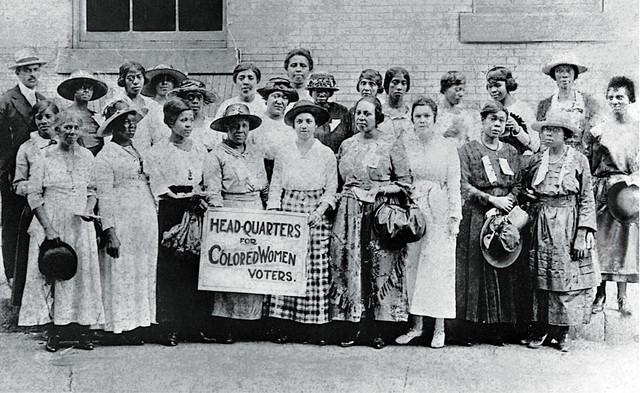
Despite the depths of Gilded Age robber baron despotism, Jim Crow across much of America and women having obtained suffrage in only a few jurisdictions, the struggle continued against seemingly impossible odds.
Bear in mind…
The test for whether or not you can hold a job should not be the arrangement of your chromosomes.
Bella Abzug
In the fight between you and the world, back the world.
Frank Zappa
Americans — indeed all free men — remember that in the final choice, a soldier’s pack is not so heavy a burden as a prisoner’s chains.
Dwight D. Eisenhower
~ ~ ~
These announcements are interactive. Click on them for more information.











